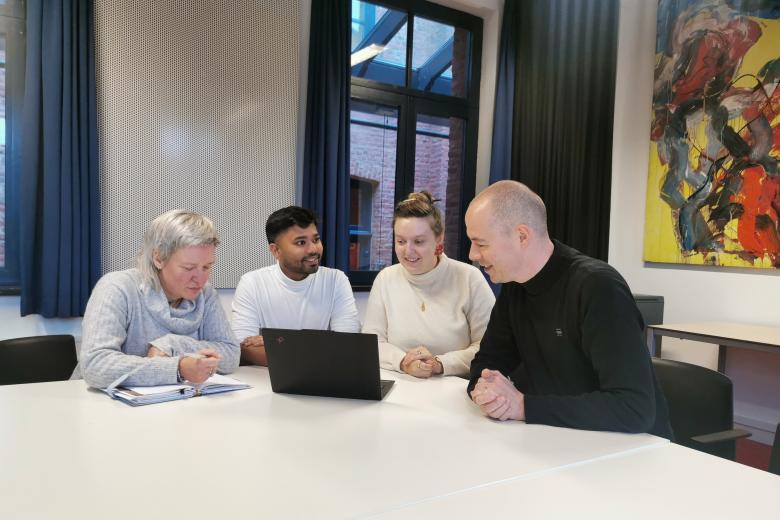Our Sitting Habits in Numbers: The Dutch Sit Too Much
At EDLAB, we have been paying a lot of attention to the consequences of sitting behaviour through our Education That Moves You project. Now, the RIVM (National Institute for Public Health and the Environment) has documented the facts about Dutch sitting habits.
As it turns out, the Dutch spend an average of 8.7 hours a day sitting. Youth between the ages of 12 and 20 top the list, with an average daily sitting time of 10.4 hours. These hours accumulate during work, study, travel, and leisure. Such a high number of sitting hours poses a health risk and hinders us from leading more active lives.
The NOS news outlet interviewed VUmc researcher Mai Chin A Paw regarding these findings:
"The most important thing is to stand up occasionally to prevent your body from entering a resting position. So, opt for the stairs over the elevator and place the printer and waste bin farther from your chair."
Find out more about the RIVM’s research and the tips of the NOS here and here.
Go to EDLAB's Education That Moves You project page.
Also read
-
UM builds open education and digital literacy into BKO/UTQ
Maastricht University is taking a practical step to support early-career teachers: open education and digital literacy will be built more firmly into the BKO/UTQ.
-
Celebrating 221 UM teachers who earned their University Teaching Qualification!
Educators from FHML (114), SBE (22), FSE (15), Law (33), FASoS (23), and FPN (14) have officially joined the ranks of UTQ-certified teachers.
-
If a machine can write a flawless essay, what’s left for the writer?
UCM graduate Robin van Wasen traces how writing has shaped her learning, identity, and voice, and asks whether AI, despite its fluency, can ever replace the intent, authenticity, and connection that define human writing.